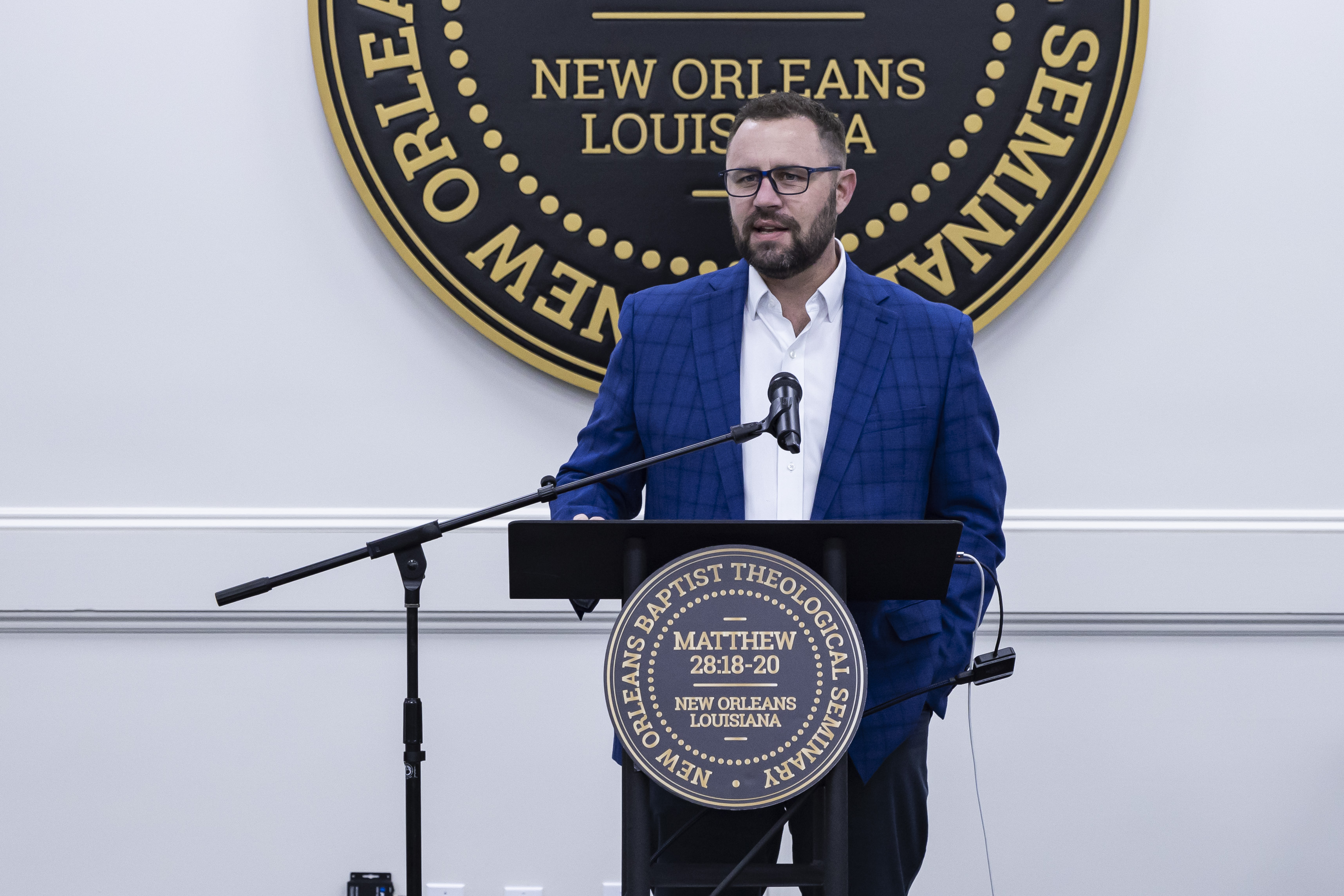
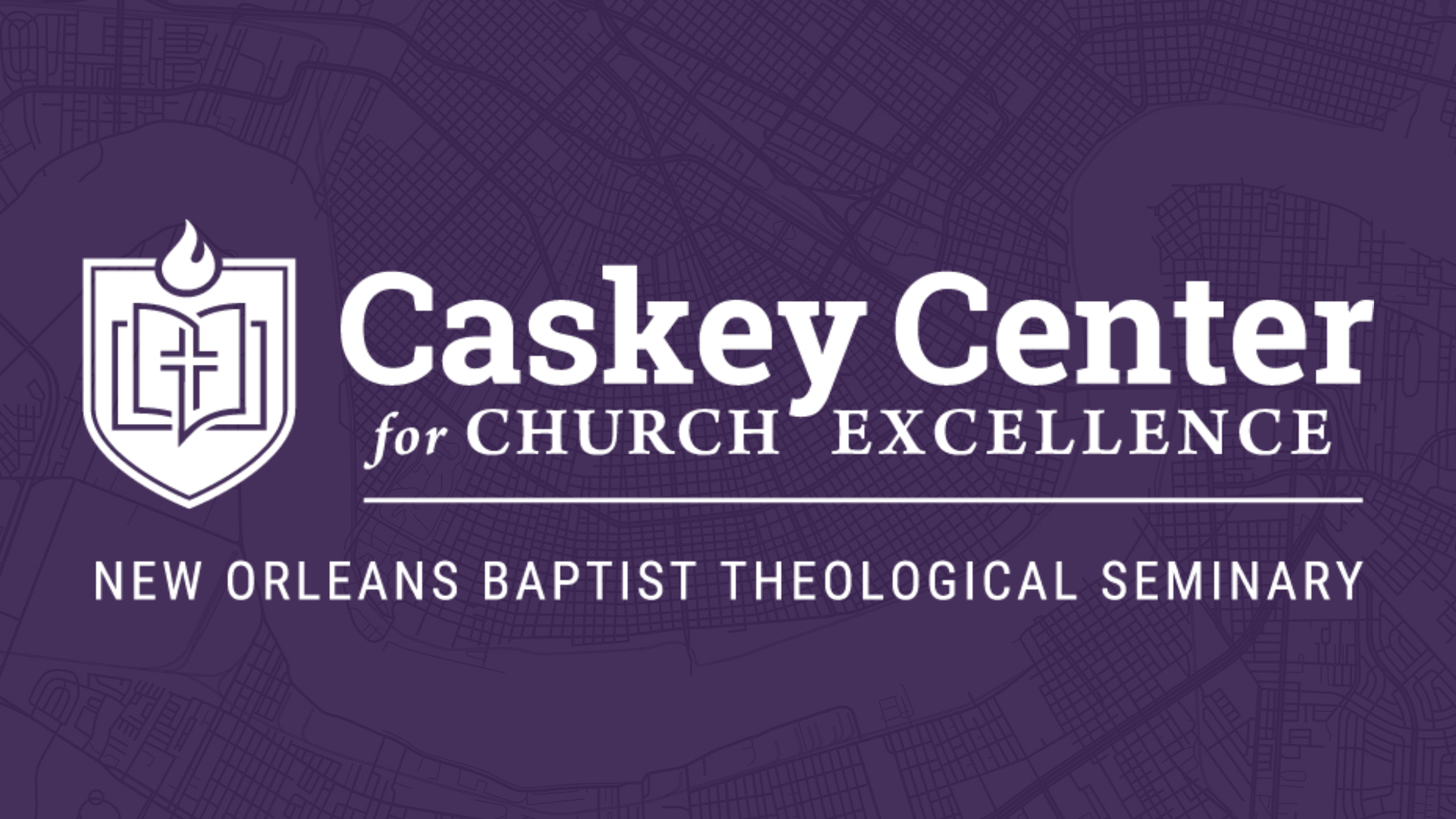
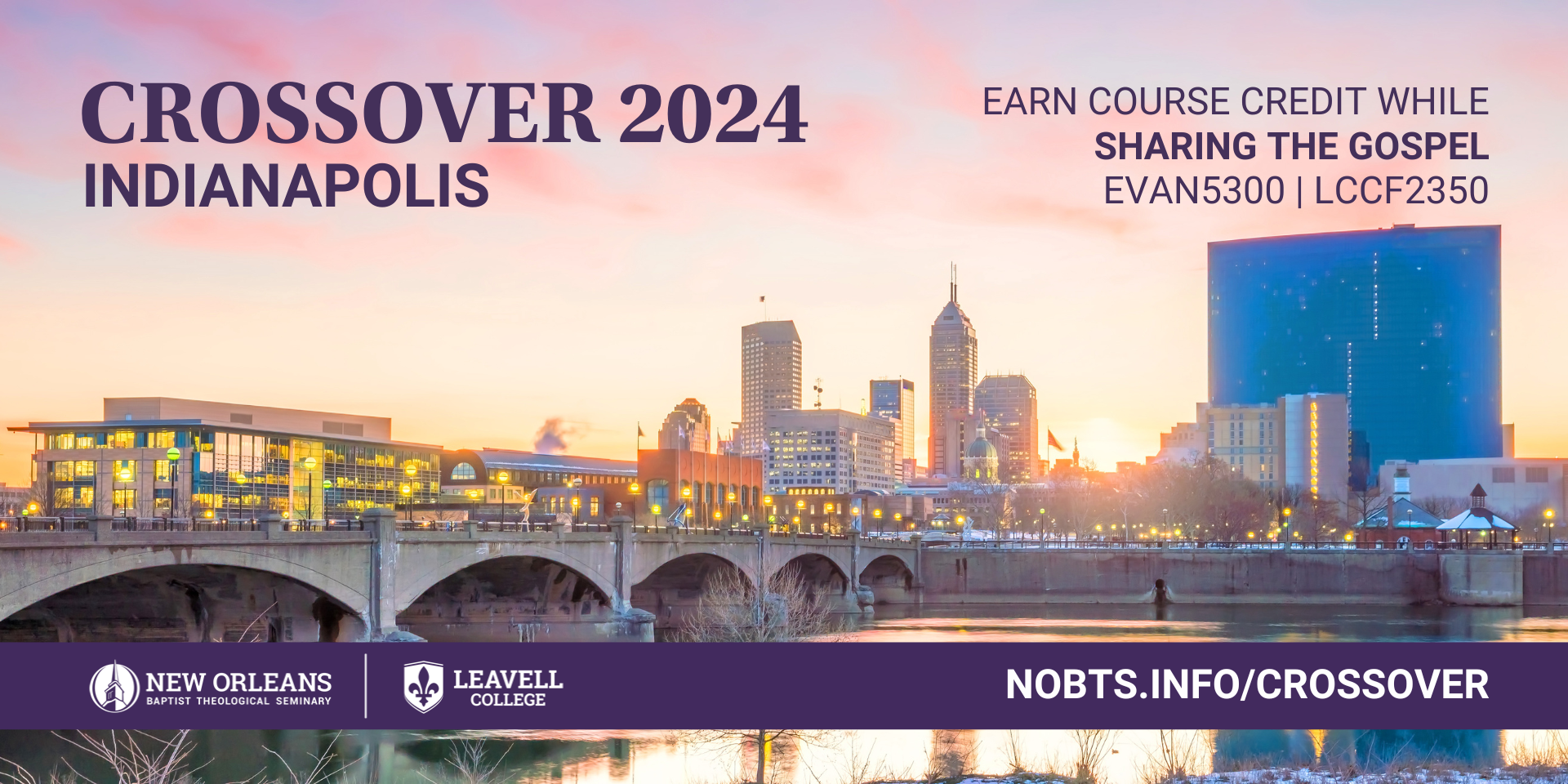

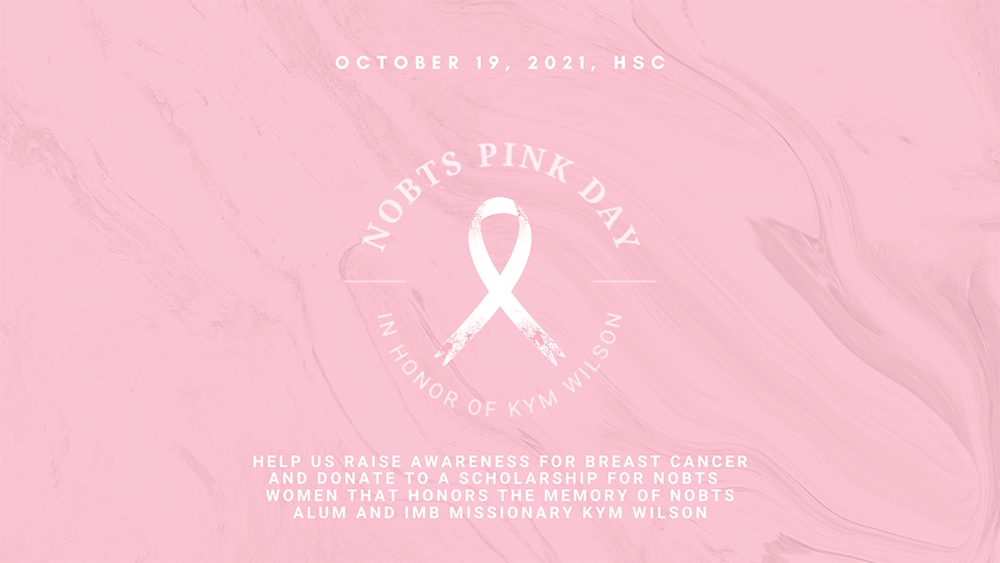
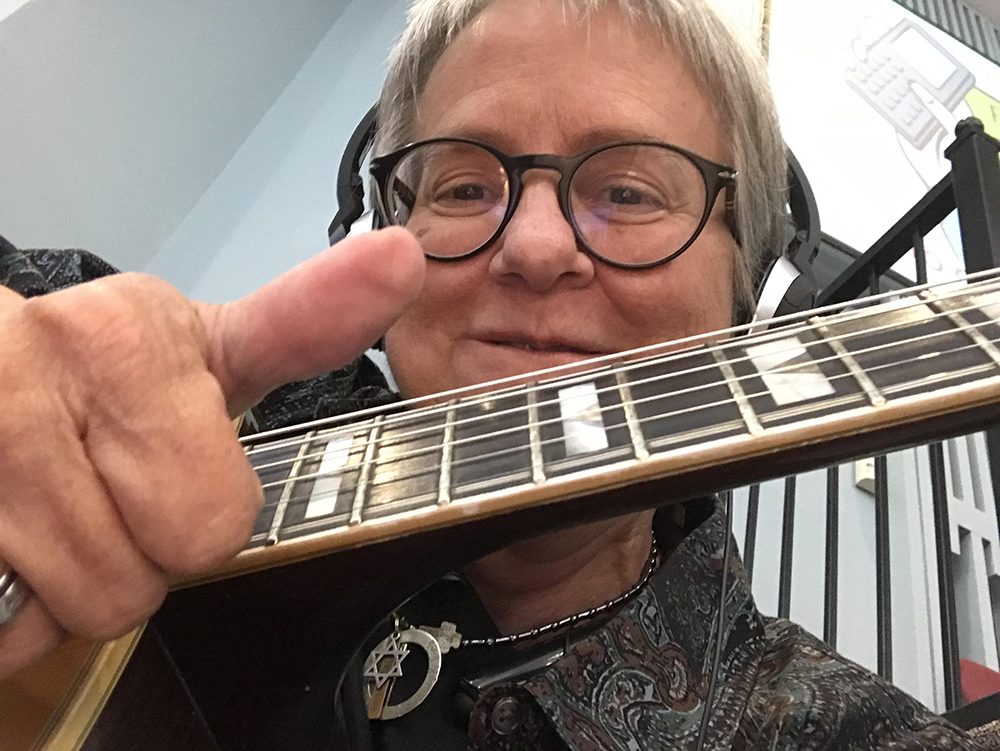

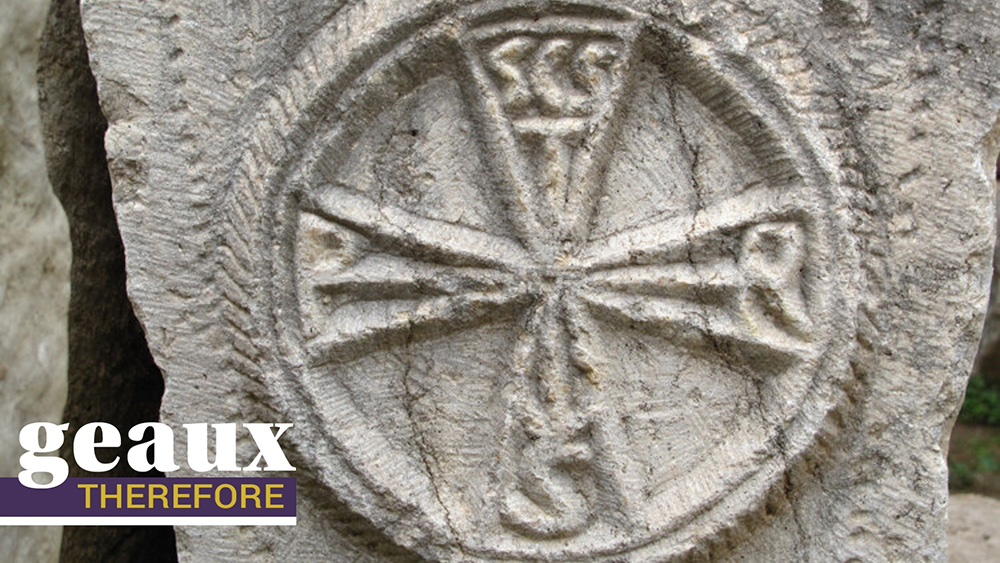
Graduates of the Doctor of Philosophy degree program will be able to do the following:
The effectiveness of achieving these outcomes is reflected in the ministries of graduates. Of the 2010-2021 graduates, approximately 28% are in full-time teaching positions, and an additional 14% teach adjunctively. Approximately 38% are pastors or serve on a church staff. Most of the remainder hold denominational positions or serve as counselors or chaplains. See Positions of NOBTS PhD Graduates for a detailed breakdown. Over the history of the program, graduates have held full-time academic appointments at 100 institutions.
The PhD program offered at NOBTS follows a curriculum that utilizes seminars, supervised mentorship, reading seminars, and courses related to research, writing, and teaching all toward the development of an acceptable dissertation and the qualifications to teach at an institution of higher education. The coursework, comprehensive examination, and the dissertation are structured to lead to the completion of the three major components of the PhD program: residency/ThM candidacy, senior residency, and PhD candidacy.
Majors are offered in the following areas:
Biblical Studies
Theological and Historical Studies
Church Ministry
Counseling
PhD Residency/ThM Candidacy
(26 hours)
|
Introduction to Doctoral Research and Writing |
3 hours |
|
4 PhD Seminars (4 hours each) |
16 hours |
|
Reading Seminar I |
3 hours |
|
Supervised Mentorship I |
3 hours |
|
ThM Portfolio |
1 hour |
PhD Senior Residency
(30 hours)
|
Teaching in Higher Education |
3 hours |
|
4 PhD Seminars (4 hours each) |
16 hours |
|
Reading Seminar II |
3 hours |
|
Supervised Mentorship II |
3 hours |
|
Dissertation Proposal Approval |
N/A |
|
Prospectus Development |
3 hours |
|
Comprehensive Examination (Written & Oral) |
1 hour |
|
Prospectus Approval |
1 hour |
|
Dissertation Research and Writing |
6 hours |
|
Dissertation Defense |
1 hour |
Total Required: 63 hours
PhD Residency/ThM Candidacy
(31 hours)
|
Introduction to Doctoral Research and Writing |
3 hours |
|
5 PhD Seminars (3 hours each) |
15 hours |
|
Reading Seminar I |
3 hours |
|
Supervised Mentorship I |
3 hours |
|
Doctoral Practicum and Doctoral Internship 1 (3 hours each) |
6 hours |
|
ThM Portfolio |
1 hour |
PhD Senior Residency
(26 hours)
|
Teaching in Higher Education |
3 hours |
|
2 PhD Seminars (3 hours each) |
6 hours |
|
Reading Seminar II |
3 hours |
|
Supervised Mentorship II |
3 hours |
|
Quantitative or Qualitative Statistics (3 hours) |
3 hours |
|
Doctoral Internship 2 |
3 hours |
|
Dissertation Proposal Approval |
N/A |
|
Prospectus Development |
3 hours |
|
Comprehensive Examination (Written & Oral) |
1 hour |
|
Prospectus Approval |
1 hour |
|
Dissertation Research and Writing |
6 hours |
|
Dissertation Defense |
1 hour |
Total Required: 64 hours
PhD courses are offered on the main campus on a variety of schedules ranging from weekly sessions to three or four weekends during the semester or a week in January or summer for program workshops. See PhD Course Schedules for details.
All majors in the PhD program are available at a distance through synchronous interactive video as well as in the traditional classroom. Students who are unable to take advantage of the campus scholarly environment can participate fully in seminars and colloquia by joining the class sessions through live Internet connections. However, some general workshop courses that apply to all PhD majors still will require travel to the main campus during January or summer breaks.
The program is directed through the Office of Research Doctoral Programs, Dr. Alan Bandy, Associate Dean (phone: 504-282-4455x8010 e-mail:abandy@nobts.edu).